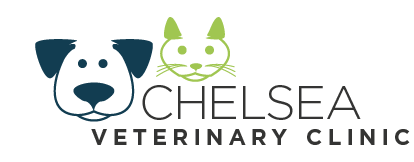Library
-
Approximately 33% of pet dogs and cats have to visit the vet due to illness or accident every year. Unfortunately few of us are aware of the true cost of medical or surgical procedures.
-
The arrival of a new child is associated with a great deal of excitement, anxiety and stress for not only the humans, but also your family pet.
-
In Australia, there are rigid quarantine requirements in order to preserve the disease free status of this country for many diseases that are present (endemic) overseas.
-
False pregnancy, phantom pregnancy, pseudo-pregnancy or pseudocyesis can be defined as a display of maternal behaviour together with the physical signs of pregnancy following oestrus (heat) in a non-pregnant bitch.
-
A pharyngostomy tube is a small flexible tube that passes via an incision in the skin at the side of the neck, just behind the jaw bone, to enter the pharynx. These tubes are useful in cases when the dog temporarily is unable to eat but still retains the ability to swallow. The liquid food is syringed through the tube three to five times a day depending on the individual circumstances.
-
Phenobarbital is used to help control seizures (fits) in dogs and cats. It may be used alone or with other medication.
-
Phenylbutazone is a synthetic non-steroidal anti-inflammatory drug used to relieve pain and inflammation.
-
Phenylpropanolamine stimulates and tightens the bladder sphincter. It is used to treat dogs unable to hold their urine (urinary incontinence), especially female dogs that have had an ovariohysterectomy (spay, neuter).
-
Phytomenadione is used to treat animals that have been poisoned with warfarin or coumarin anticoagulants (e.g. certain rodenticides). These poisons may cause bleeding problems in the animal.
-
If the heart does not work properly, the blood vessels of the brain, heart, and kidneys may become damaged. Pimobendan dilates blood vessels and also increases heart muscle contractions.
